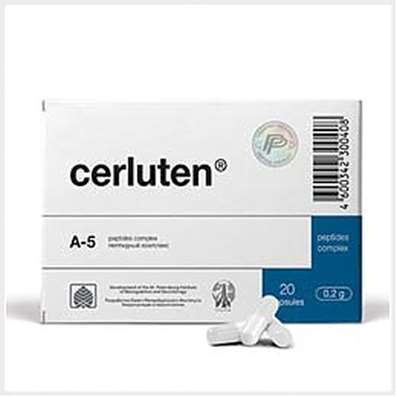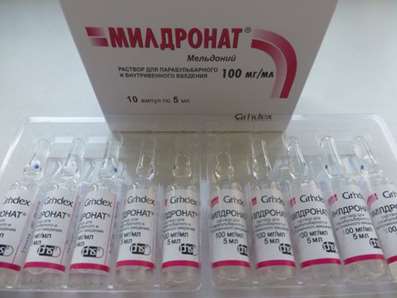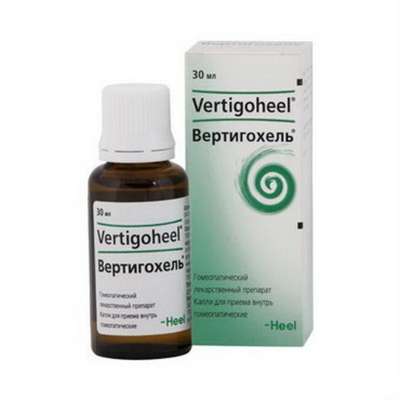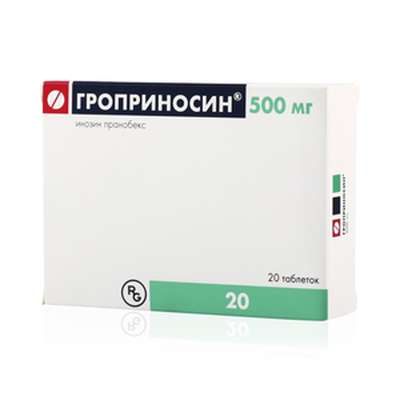Instruction for use: Permax
I want this, give me price
Dosage form: tablets
Active substance: Pergolide*
Pharmacological group:
Dopaminomimetics
The nosological classification (ICD-10)
G20 Parkinson's disease: A trembling paralysis; Idiopathic Parkinsonism; Parkinson's disease; Symptomatic Parkinsonism
Composition and release form
1 tablet contains pergolide mesylate 0.05, 0.25 or 1.0 mg; In a blister for 10 pcs., In a box of 3 or 10 blisters.
Pharmachologic effect
Mode of action - antiparkinsonian.
It stimulates the D1- and D2-dopaminoreceptors of the nigrostriral system, suppresses the secretion of prolactin.
Pharmacokinetics
Well absorbed. In the blood, 90% binds to proteins. Penetrates into various organs and tissues (including in the central nervous system). Metabolized with the formation of 10 metabolites. It is excreted mostly through the kidneys.
Indication of the preparation Permax
Parkinson's disease.
Contraindications
Hypersensitivity (including to ergot preparations), children's age (safety not studied).
Application in pregnancy and breastfeeding
It is permissible, but it is necessary to prescribe during pregnancy only under strict indications and under the supervision of a doctor. Because of possible excretion into breast milk, it is recommended that breastfeeding be stopped or Permax should be canceled (depending on the importance of treatment for the mother).
Side effects
Dyskinesia, dizziness, hallucinations, confusion, drowsiness or insomnia; Dyspeptic disorders (dry mouth, anorexia, nausea, vomiting, diarrhea or constipation), respiratory disorders (dyspnea, rhinitis). Very rarely - visual and taste disturbances, pain (headache, chest, neck, etc.), hypo- or hypertension, fainting, palpitation, anemia, leukopenia or leukocytosis; Peripheral edema, changes in body weight, exacerbation of gout and other manifestations of metabolic disorders, sweating, fever, rash, itching, disorders of the genitourinary system, malignant neuroleptic syndrome (fever, muscle rigidity, confusion, etc.).
Interaction
Strengthens the effects of levodopa (including side effects: it can provoke the appearance of hallucinations, confusion, dyskinesia). In combination with dopamine antagonists (antipsychotics, phenothiazines, butyrophenones, thioxanthenes and metoclopramide), there may be a decrease in antiparkinsonian activity.
Dosing and Administration
Inside. Begin with 0.05 mg / day for 2 days, then gradually increase the dose by 0.1-0.15 mg / day every third day for 12 days, then for 0.25 mg (every third day) To achieve the optimal therapeutic effect. The daily dose is divided into 3 divided doses. The dosage of concomitant parenteral Levodopa / carbidopa may be reduced (up to an average daily dose of levodopa - 650 mg).
Precautionary measures
With care appoint patients with arrhythmias, pleurisy, pleural effusion, pleural fibrosis, pericarditis, pericardial effusion, retroperitoneal fibrosis and other types of similar pathology (this category of patients should be under careful clinical observation, including X-ray and laboratory studies) - in combination with drugs , Significantly binding to plasma proteins - it is possible to compete for protein and increase free fractions in the blood. In connection with the likely (especially at the beginning of therapy) hypotension, it is recommended to start treatment with small doses, gradually increasing them. The withdrawal of the drug, a reduction in dose or a change in the treatment regimen should be carried out gradually.
Storage conditions of the drug Permax
At a temperature of 15-30 ° C.
Keep out of the reach of children.

 Cart
Cart





